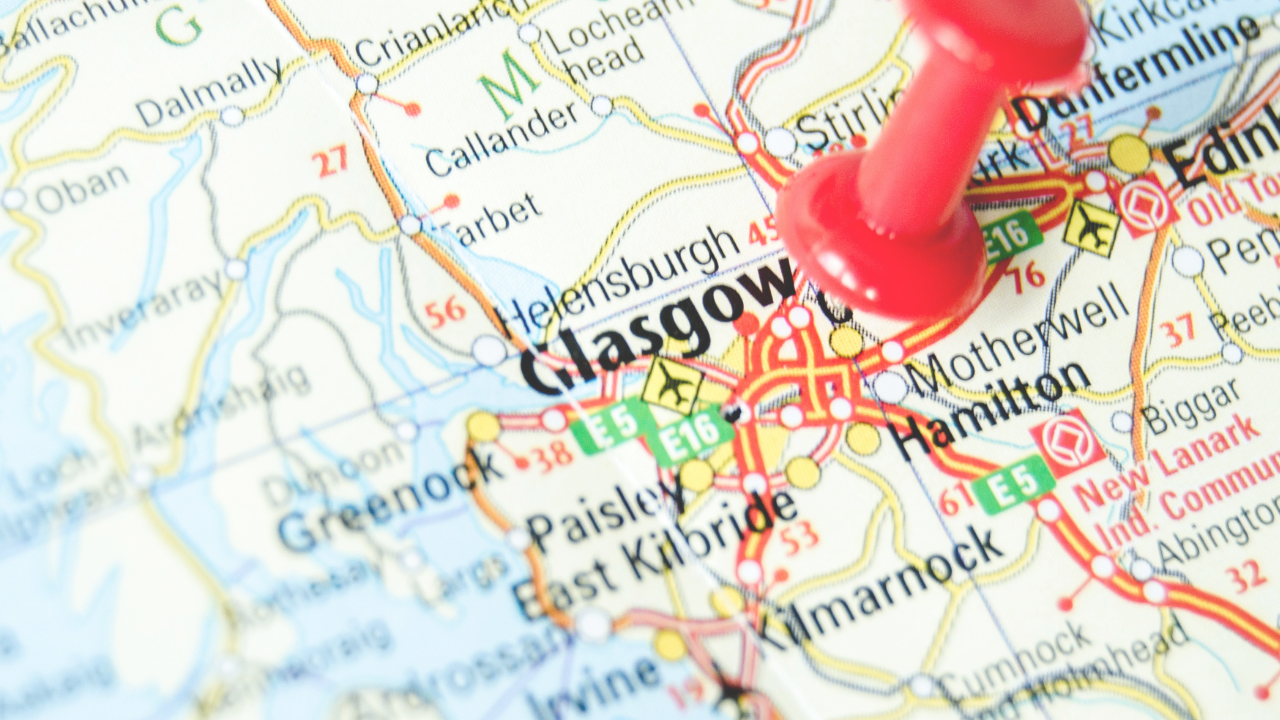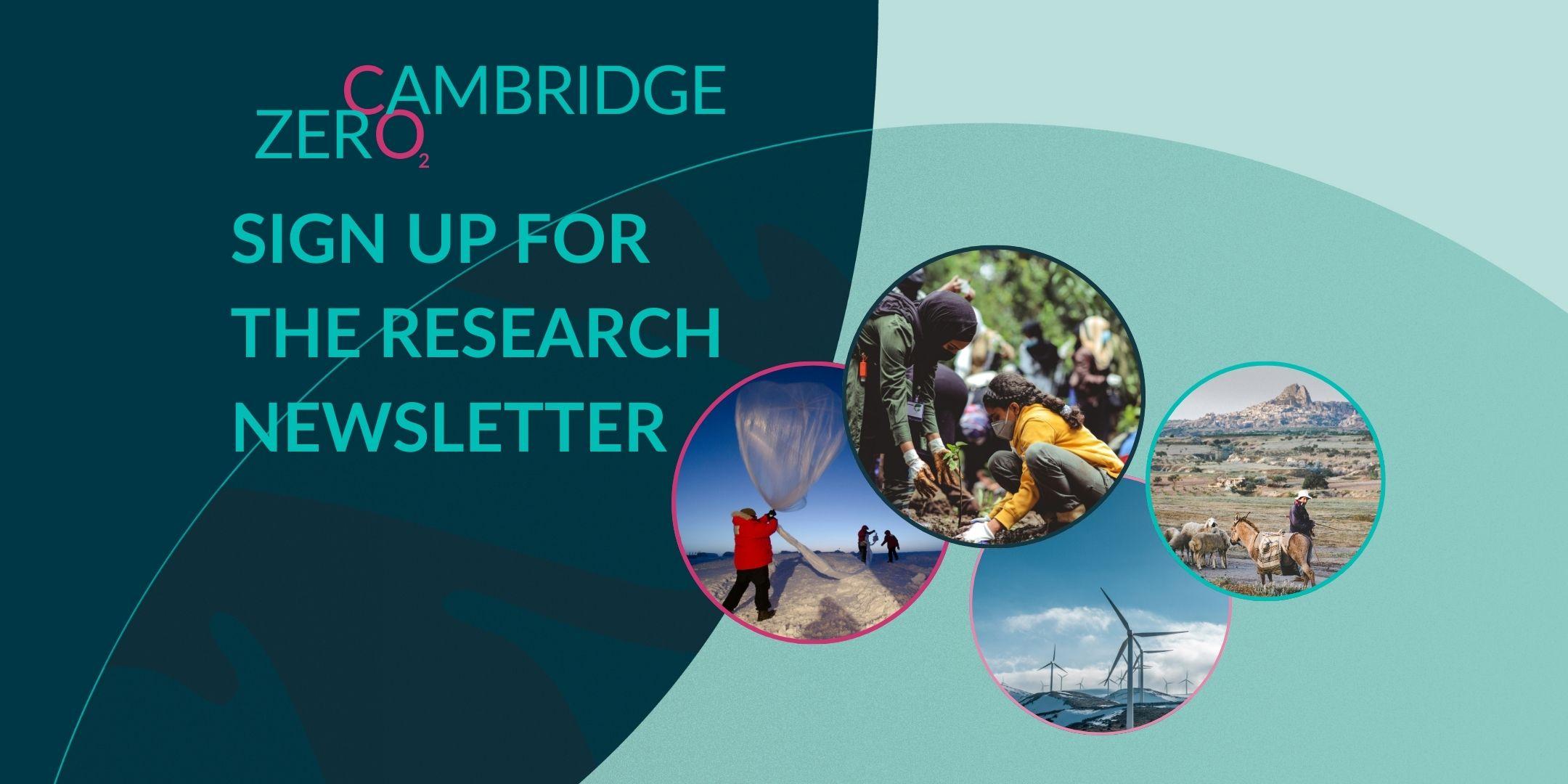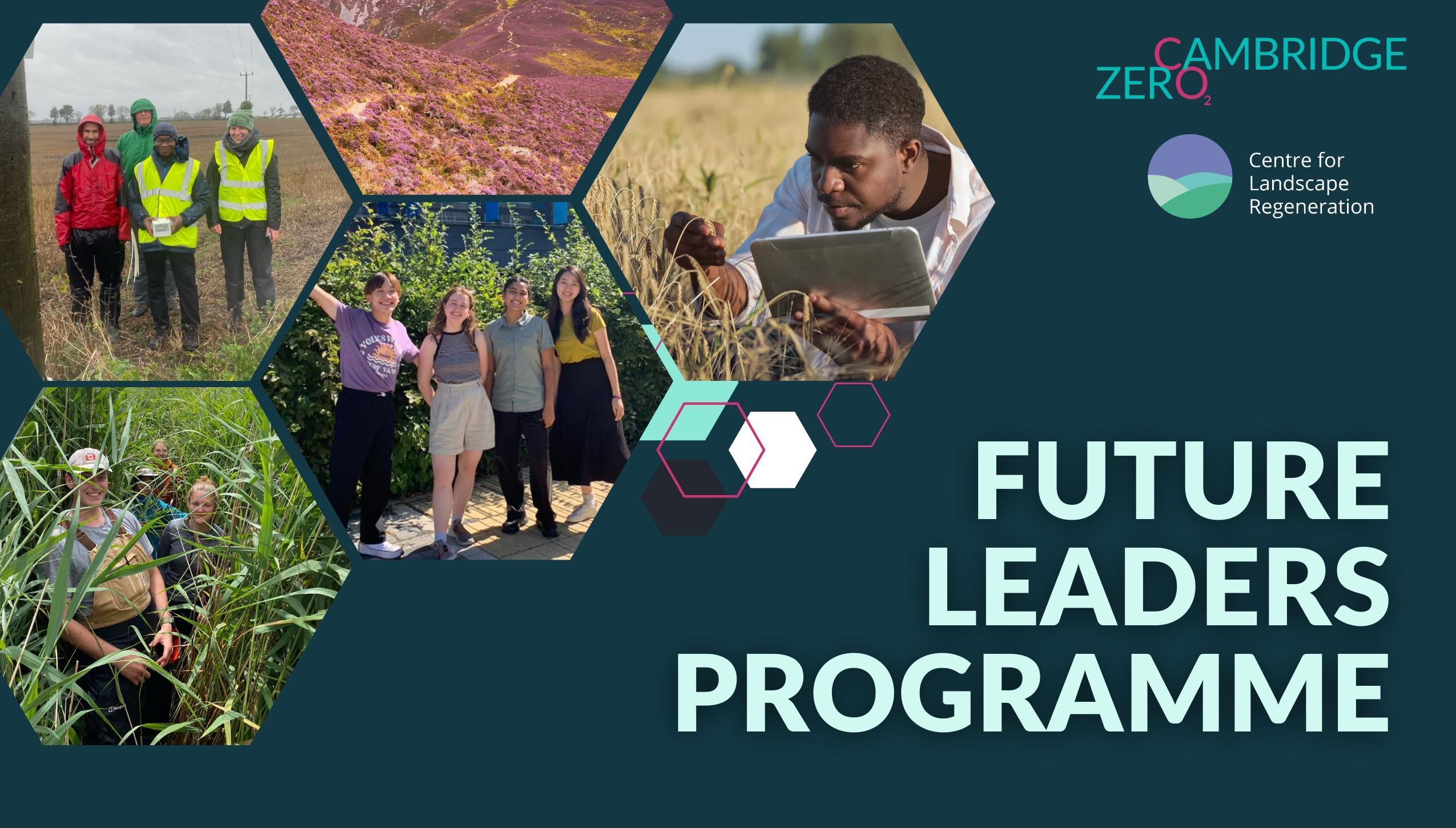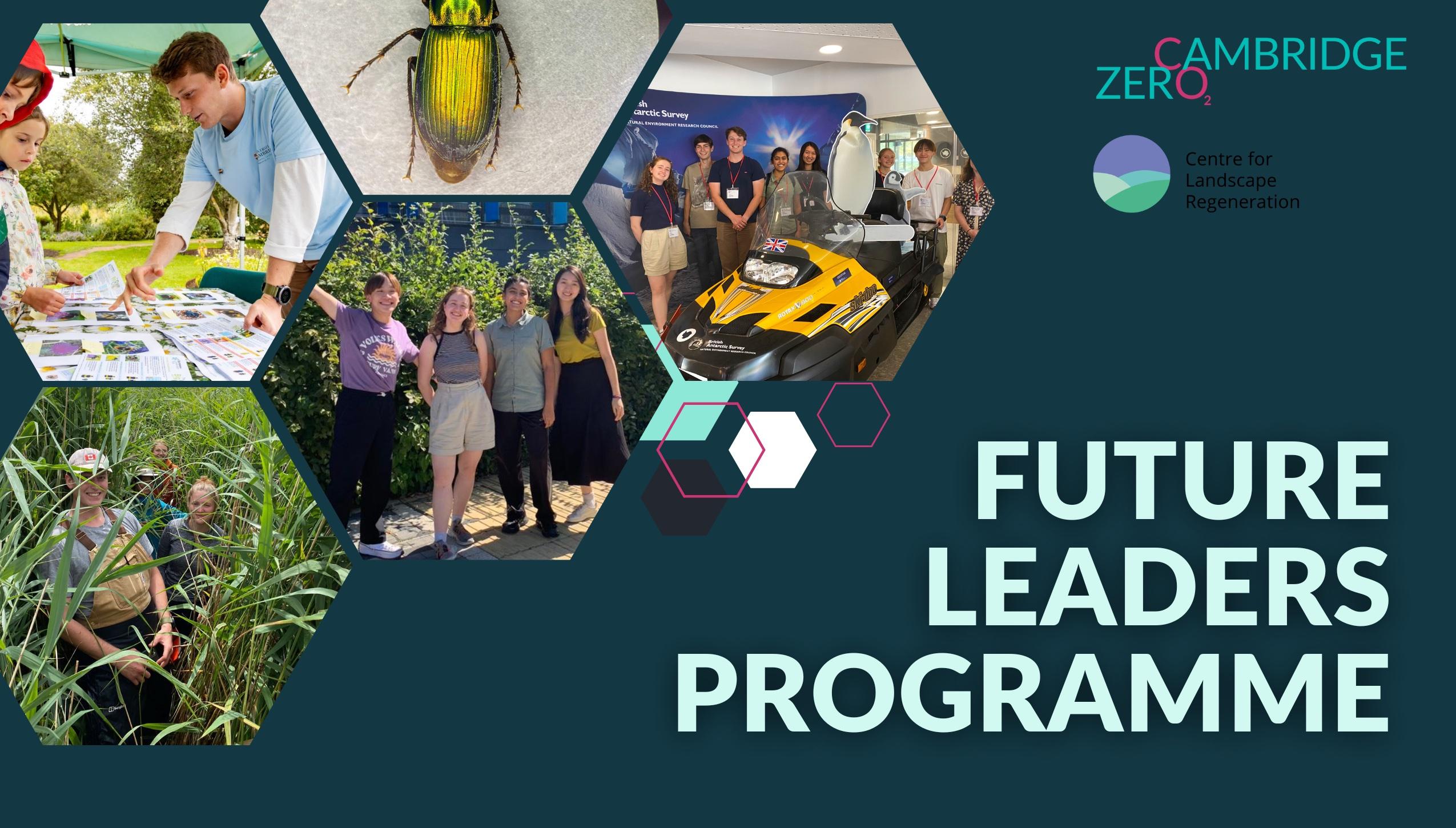1st November Highlights
Cambridge Researcher Natalie Jones is reporting for The Earth Negotiations Bulletin. In their round up of day 2, the bulletin highlighted:
- Statements from world leaders. Some of the key pledges and commitments which came out of these included:
- India’s 2070 net-zero pledge, alongside committing to reaching 50% renewable energy by 2030.
- Spain declared a USD 30 million contribution to the Adaptation Fund in 2022 and increasing its climate finance by 50% by 2025.
- Republic of Korea furthered its emissions reduction target to 40% below 2018 levels by 2030.
- Announcement of the Global Methane pledge - over 70 countries have pledged to collectively lowering methane emissions by 30% by 2030 from 2020 levels.
- Negotiations kicked off on several key implementation issues including:
- Article 6 (Co-operative approaches)
- Loss and damage
- Common time frames for nationally determined contributions (NDCs)
- Transparency
- Adaptation
For more detail, read their full daily report for November 1st.
Follow Natalie Jones on twitter for live updates and our socials for coverage from across the Cambridge Community:
- Instagram: @Cambridgezero
- Twitter:@CambridgeZero
Reports from Cambridge on the Ground
Professor Laura Diaz Anadon is on the ground in Glasgow and offers these comments and unique insight on the opening ceremony of COP26:
No surprise, but we heard a touching speech on the World Leaders Summit Opening Ceremony by Sir David Attenborough. Starting with a tongue-in-cheek comment referring to what policy makers have come to do in Glasgow: “…and compromising, as you surely must”. I hope leaders take this comment to heart...
He then noted “the [climate] stability we depend on is breaking”. Adding a crucial point on why we are where we are “failure to see the bigger picture in pursuit of short-term goals” followed by the need to “to turn this tragedy into a triumph” and to be “motivated by hope, not fear”.
He was followed by powerful remarks from the President of Barbados Mia Amor Mottley: “when will leaders lead?”. She noted the many voices shown on the screen asking for action and wondered “how many more voices do we need?”. It truly felt that she was the voice of the conscience of the climate talks. She also crucially emphasized the major role of finance to make the transition possible.
A common thread that stood out during this Opening Ceremony was the importance of the voices of the young. E.g., after mentioning examples of the climate crisis in Kenya/Africa, Elizabeth Wathuti, a young Kenyan climate activist, poignantly noted that Africa is only responsible for “0.5% of historical emissions” and “children responsible for none”.
Sadly, some key leaders are missing, but I remain hopeful for some key action on finance, stronger short-term policies in NDCs, and transparency and robust accounting rules (Article 6). In addition to the costs from inaction and the moral argument, technologies are moving - thanks to a large extent by various R&D and market creation policy efforts - and the opportunities from a just transition are not just massive, but also something countries cannot afford to miss out on.
If you would like to be involved with our COP26 coverage or have any questions, please email Ella Palmer, ep541@cam.ac.uk.



